Before the COVID-19 pandemic, 13 percent of Michigan residents experienced food insecurity, lacking reliable access to affordable, nutritious food. That’s nearly 1.3 million people, slightly higher than the populations of Detroit, Grand Rapids, Warren, Sterling Heights and Ann Arbor, Michigan combined. Michigan children also struggle with food insecurity – in 12 counties, more than 20% of children experience food insecurity. From what we’re hearing in our communities, food insecurity has only grown worse since 2019.
The Michigan Food Security Funders Collaborative – formed by the W.K. Kellogg Foundation, Blue Cross Blue Shield of Michigan, the Blue Cross Blue Shield of Michigan Foundation and the Michigan Health Endowment Fund – aims to change that. It recently announced $650,000 to support 14 organizations using evidence-based, sustainable initiatives to address food and nutrition insecurity among the 1.5 million families in Michigan in the ALICE population (families who are Asset Limited, Income Constrained and Employed – or, more simply, families who are working, but struggling to make ends meet) and people of color.
“This opportunity has allowed us to be able to expand current services that we are already doing where we feed 350 families a week in the Washington Heights and Post Franklin communities in Battle Creek,” said Damon Brown, founder and executive director of R.I.S.E. Corp., one of the 14 organizations receiving funding. “What we are doing is partnering with local farmers at Sprout urban farming, Sunlight Gardens and also our local food bank to be able to pass out fresh, healthy food. We understand that COVID affected the African American community, in particular, at a higher rate because of underlying health issues, and we wanted to make sure we were getting healthy, fresh vegetables and fruits to the community.”
Other organizations to receive funding operate across Michigan, and include Roosevelt Park Neighborhood Association, Access of West Michigan, Community Action House, Barry County Community Foundation, National Kidney Foundation of Michigan, Micah 6 Community, Oakland University, Wayne Metropolitan Community Action Agency, United Way of Northeast Michigan, Groundwork Center for Resilient Communities and Allen Neighborhood Center.
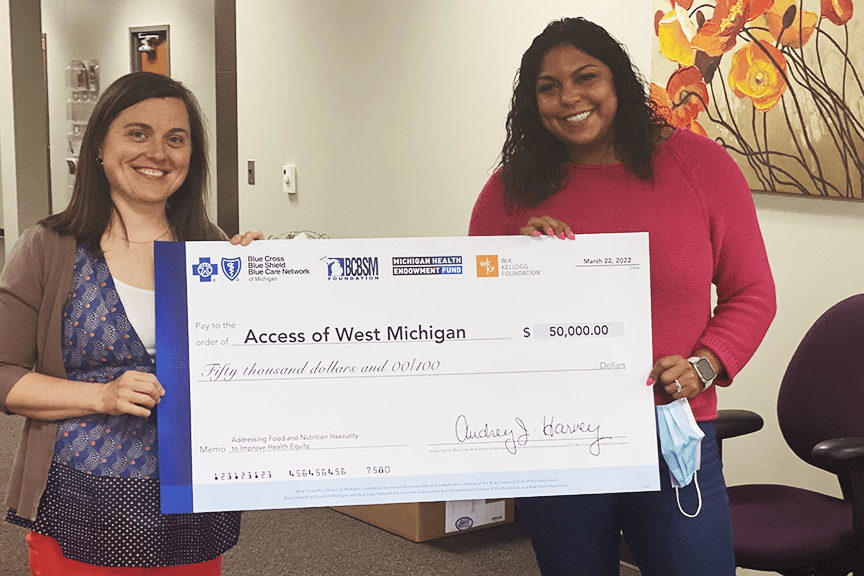
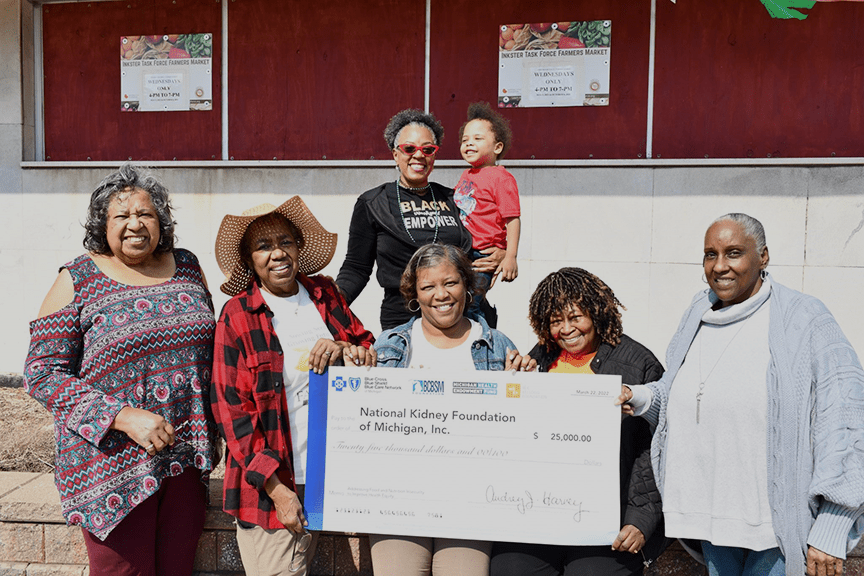
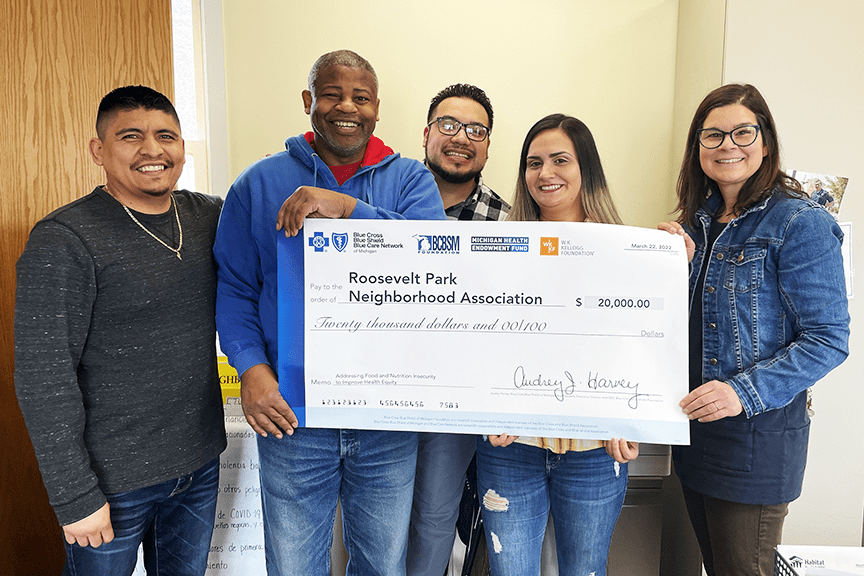
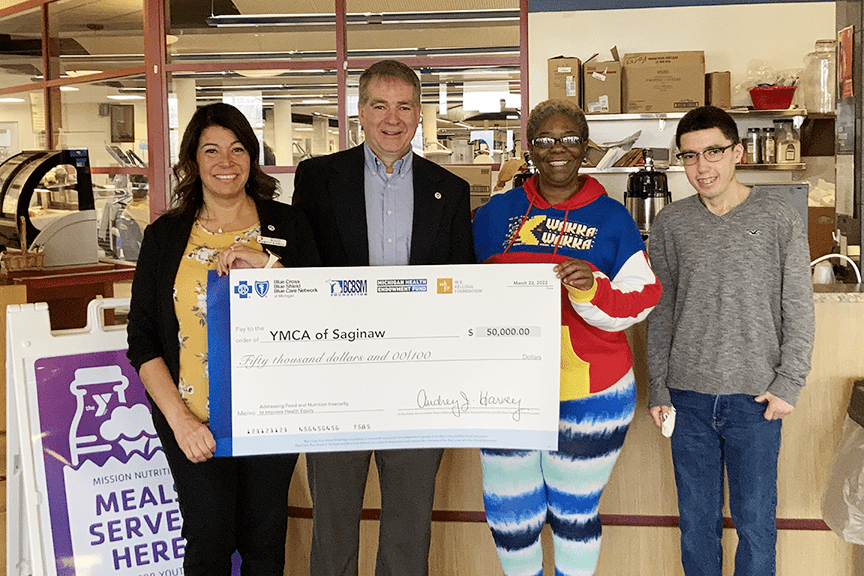
“This collaborative work has helped us pursue our goals of supporting the health and well-being of children and families,” said Marijata Daniel Echols, program officer at the W.K. Kellogg Foundation. “Like so many things, the COVID-19 pandemic laid bare the pre-existing, race-based disparities in access to affordable and nutritious food across our state and pushed ALICE families into a more tenuous place regarding their food security. We’re pleased to have been able to work with a great group of philanthropic partners to address the needs of these communities. Through our successful collaboration, several community-based organizations in our priority places were able to receive funding, including R.I.S.E. Corp. in Battle Creek and Access of West Michigan and Roosevelt Park Neighborhood Association in Grand Rapids.”
Header image by Bonnie Kittle on Unsplash.

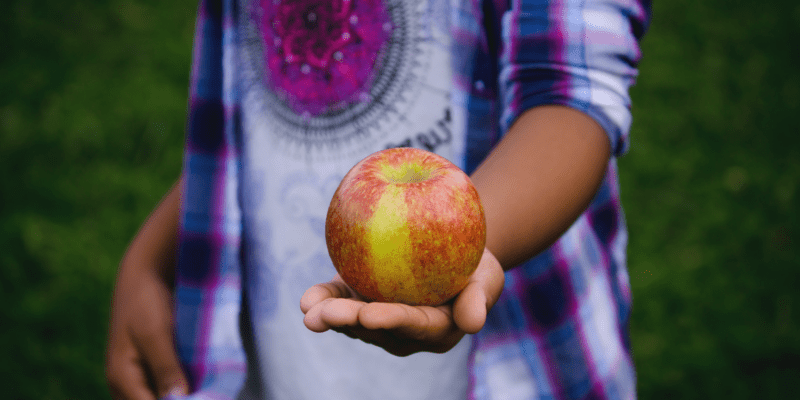
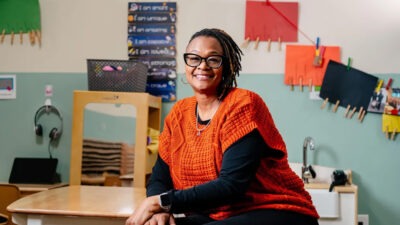
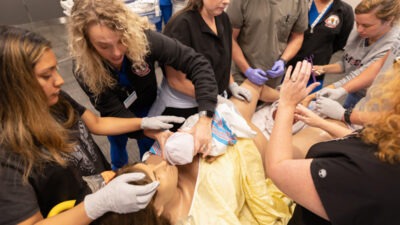


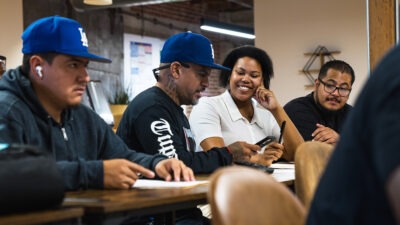

Comments